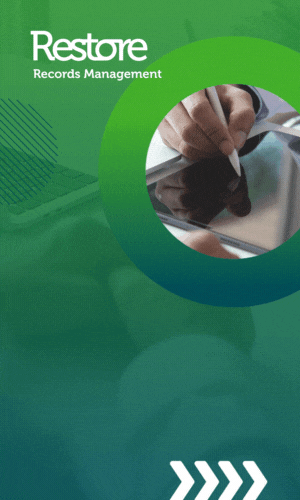Nottingham University Hospitals NHS Trust (NUH) is the first Trust to roll-out a real-time, mobile sepsis screening application with integrated clinical alerts to get the right intervention from the right doctor at the right time.
Every adult patient across the 75 wards in Nottingham Hospitals is now being automatically e-screened for Sepsis using the latest software from Nervecentre. There are 8,500 sets of electronic observations taken each day at NUH, and all are automatically screened for sepsis and follow the latest NICE guidelines.
Evidence shows the chance of death from sepsis increases by 8% for every hour it remains untreated, therefore the real-time alerts generated to the 6,000 clinical users of Nervecentre at NUH can significantly help prevent deterioration, by reducing communication delays to zero.
During the first 24 hours of the sepsis e-screening 330 patients triggered as a potential risk for sepsis, causing immediate notifications to a registered nurse for confirmation of a source of infection, prior to escalation to a doctor. This then resulted in 178 automated ‘real-time’ escalations for sepsis to the relevant doctors. 39 patients were then confirmed by doctors as likely to have early signs of sepsis.
Roll-out of the Nervecentre software was instant with no ‘down-time’ needed in order for all staff to access the software on their mobile devices. Following a 2 year development project with Nervecentre, the Trust tested the Sepsis Software for 3 months in ‘quiet mode’ to ensure the parameters used for triggering were clinical appropriate. Then after a 5 week ‘live’ pilot in their busy admission wards, the Trust confidently applied the sepsis clinical rules to their electronic observations allowing all nursing staff and clinicians to instantly be able to use the life-saving application.
This measure was implemented as part of the Trusts ‘Think, Stop, Treat’ campaign aimed at significantly improving the early detection and response to Sepsis which has recently seen national coverage highlighting that over 45,000 die from Sepsis every year and that early diagnosis significantly improves patient outcomes. The e-screening will ensure that diagnosis of Sepsis is picked up rapidly and ensures an instant escalation and treatment action plan.





